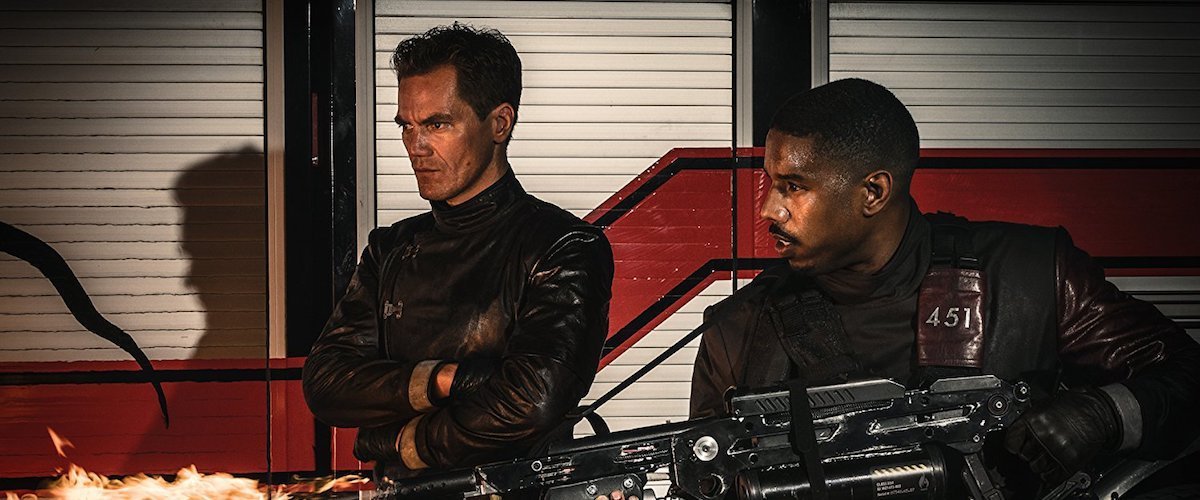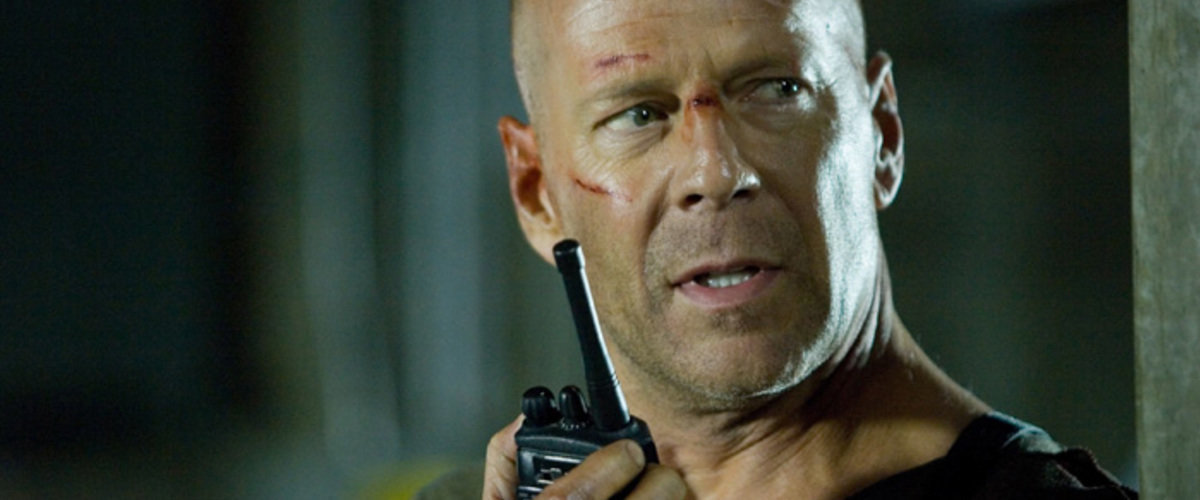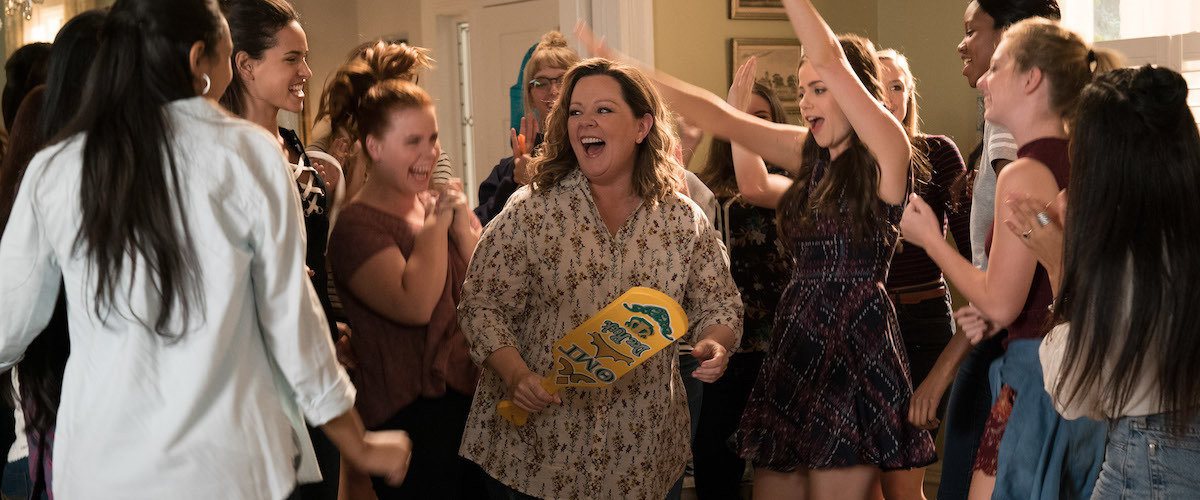
Directed by: Steven Spielberg
Starring: Harrison Ford, Kate Capshaw, Jonathan Ke Quan, Amrish Puri, Roshan Seth
This second installment of the Indiana Jones adventures takes place one year before the events of Raiders and it is amazing that Indy doesn't have PTSD by the time the third movie rolls around. He is nearly poisoned in the virtuoso opening sequence in Shanghai (as the antidote is kicked around the nightclub and staying just out of Indy's grasp). If the baddies really wanted to poison Indy and kill him, then why even mention an antidote? These guys came from the same villain school as those hapless schnooks in Spectre who tell Bond about their whole scheme over dinner.
After escaping Shanghai by airplane and having his pilots bail on him, Indy crash lands the plane in India along with his sidekick Short Round (Quan) and nightclub singer Willie Scott (Capshaw), who was involved in the nightclub action. The trio stumble across a village in which its children were kidnapped and said to be held captive in a palace as slave labor. Indy promises to find a precious stone taken from the village and return with the children. Temple of Doom has much of the same adventurous spirit as the original, but this time things shade darker. Besides the scenes of children being whipped, we see Indy whipped, giant insects, monkey brains and eyeball soups eaten at dinner, Willie nearly lowered down into a pool of lava as a sacrifice, and a black spell in which the person under the spell can be jolted back to reality by being burned with a flame. Oh, and let's not forget about another poor guy whose heart is ripped from his chest before he is lowered screaming into the fiery pit. You would think a person who just had his heart ripped out would be dead already and unable to scream, but that's not something you ask in a movie like this.
Ford remains unflappable through it all, as if this surviving numerous attempts on his life and one-on-one battles with giant henchmen is old hat by now. Capshaw is beautiful and capable, but she and Ford have no real chemistry. Capshaw's best scenes are double takes upon seeing an eyeball bob up in a seemingly innocuous soup and running away (and into) scary animals in the jungle. Much of the scenery is foreboding and troublesome, and the scenes in the bowels of the palace are like something straight out of hell itself.
Temple of Doom has a funny allusion and payoff to the famous scene in Raiders of the Lost Ark in which Indy shoots a swordsman instead of dueling him with a sword of his own. There are some light comic scenes in between the heavier stuff. Make no mistake, this installment of the Indiana Jones series is the darkest of all. Think of it as The Empire Strikes Back of the films.












